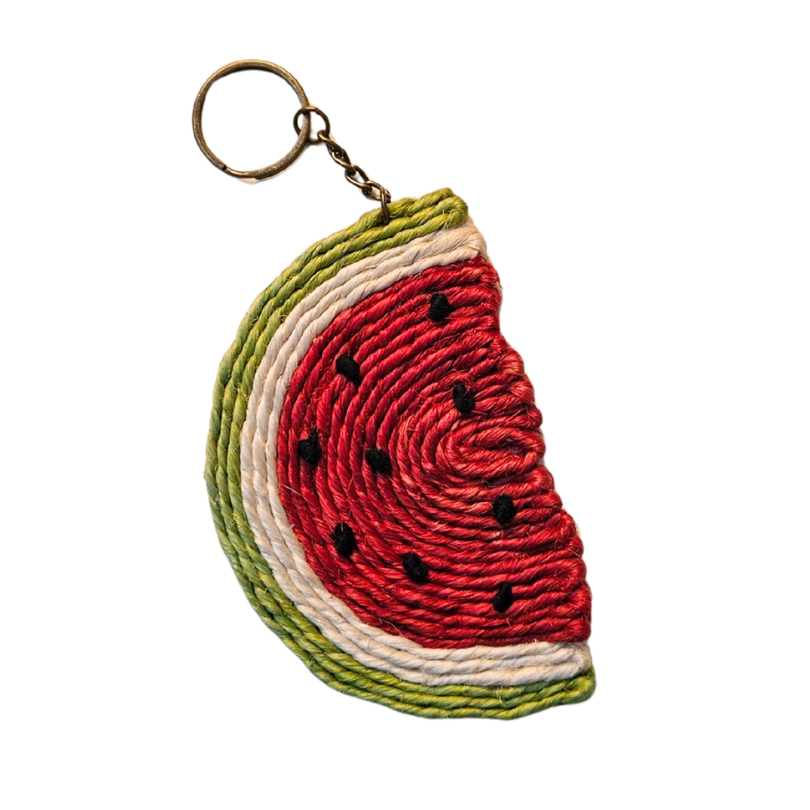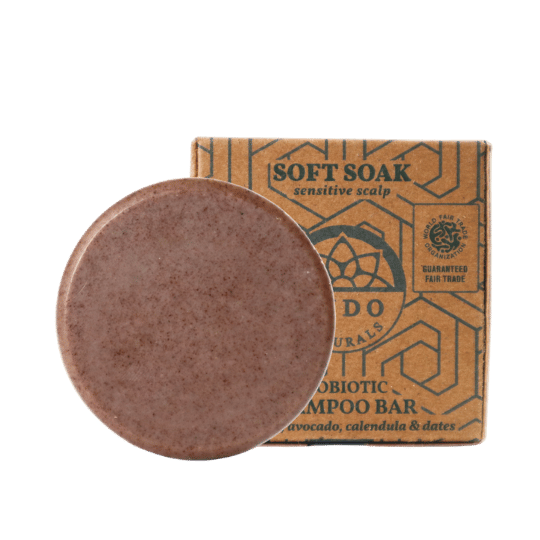Rural Poverty: Why Fair Trade Should be The Only Trade
- Indo Naturals

- Aug 10, 2021
- 3 min read
Updated: Nov 6, 2022
Rural areas are experiencing increasing poverty in several places around the world.
This is partly a consequence of commodities being extracted from these areas for minimal prices and thus not leaving enough to pay fair wages or create development. This is why we want all our products to take place close to the main raw materials, so the rural areas can retain a larger share of value creation and thus contribute to reduced poverty and opportunities for development.
Assuring livelihoods are kept in rural areas is essential for sustainable development for several reasons. In many ways, rural society actually holds one of the keys to a sustainable economy that respects nature and wildlife.
There has been a trend of raw materials being extracted from rural areas in less resourceful countries and made into products in more developed countries. This can be linked to both rural poverty, global inequality, and the lack of development in developing countries. When raw materials are extracted from rural areas commodities it leaves very little value and development behind. Commodities are often under fierce competition and thus prices are pushed down to minimal levels.
To reduce rural poverty, products must to a greater extent be made locally - where the raw materials are from. This leaves more value creation behind and drives rural development. Job opportunities are the only long-term way to reduce poverty.
Rural development has several positive ripple effects. Such as reducing the pressure on cities as migration falls, and thus leading to reduced littering and air pollution. It can also be important to preserve culture and tradition, keep families together, and in the long run even reduce global birth rates.
Our model is built around contributing to reduced poverty on the production side of our products. Our production collaborations are carefully selected based on both ethical and social values. In this way, production contributes to the strengthening of some of the weakest groups and communities. Their strengthening means reduced poverty and a fairer world, and at the same time can lead to new dynamics and discussions in rural areas, which is important for creating positive development in these communities.
Through the empowerment of women in poverty (women's empowerment), important players emerge who contribute to rural development through new value creation, focus on children's health and education, and new perspectives in leadership groups that are often governed only by men.

Indigenous tribes also have a unique knowledge of nature and have long traditions in how to utilize nature in a way that creates value for humans, animals, and the ecosystem in general. The UN recognizes that indigenous peoples' knowledge is important for achieving sustainable development goals. Their role in leadership positions will also bring new perspectives and discussions into sustainable development in rural areas, and they will be able to create new commercial opportunities that do not come at the expense of nature.
The procurement of raw materials is also an important part of contributing to development. The more raw materials that can come from independent farmers, the more of the value creation from the agricultural sector will be left in the rural areas. Large plantations are often owned by a few owners who live in cities. The profits are then taken out to the cities, away from the rural areas. Independent farmers spread their income in rural areas by living and investing their money locally. This creates further development. Agriculture in smaller areas, more scattered around and with more diverse cultivation, as independent farmers operate, is also better for the ecosystems.
We work on facilities for these groups so that they can create value in their areas. Among other things, through that, we develop and design the products based on the demand in the market so that the products will be sold, and we take care of the logistics that they often do not have expertise in. We also help ensure ethical working conditions through monitoring and improvement plans made together with the manufacturers. As a World Fair Trade Organization member, we follow strict standards and monitoring processes.
































